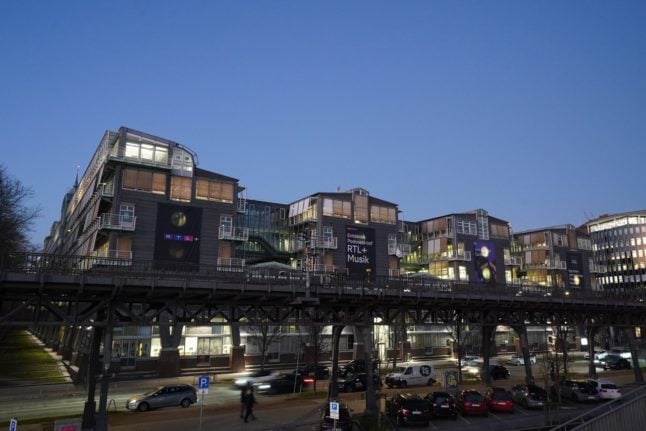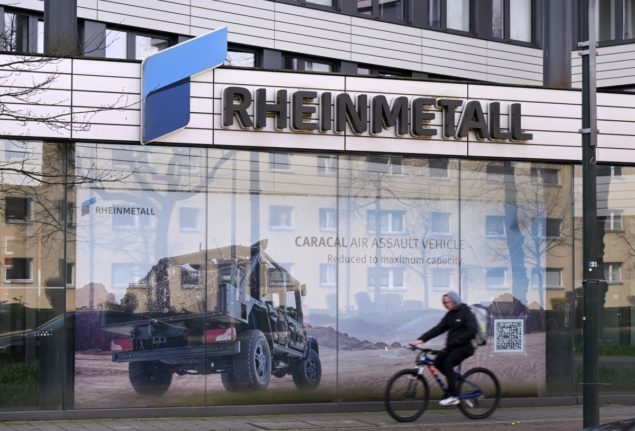The jobs will be lost in the northern city of Hamburg, said RTL Group, which is a subsidiary of German media and publishing group Bertelsmann.
RTL Group currently employs 7,500 people in Germany. It also plans to reorganise its portfolio of publications and concentrate
on flagship titles, which represent about 70 percent of current sales, the group said.
The business will keep about 10 magazine titles, which it owns through subsidiaries. This includes the German versions of GEO, Gala and Capital, as well as the women’s title Brigitte and news magazine Stern.
READ ALSO: German software giant SAP to cut 3,000 jobs
The roughly 20 remaining titles will be sold or their publication will cease, RTL Group said.
As a result, 200 extra staff will leave the company, taking the total number of posts lost at the group to 700.
Thomas Rabe, RTL Group CEO, cited a “rapidly changing media landscape and the challenging overall economic situation” for the decisions.
The “core brands” that remain will be developed further with investments of about €80 million ($85 million) by 2025, he said.
The magazine industry has been in decline for years as more readers shift online. But soaring inflation has pushed up costs for key materials like paper, worsening the situation.
RTL Group owns 56 TV channels and 36 radio stations in Europe, as well as newspapers, mainly in France, Germany and Luxembourg.



 Please whitelist us to continue reading.
Please whitelist us to continue reading.
Member comments